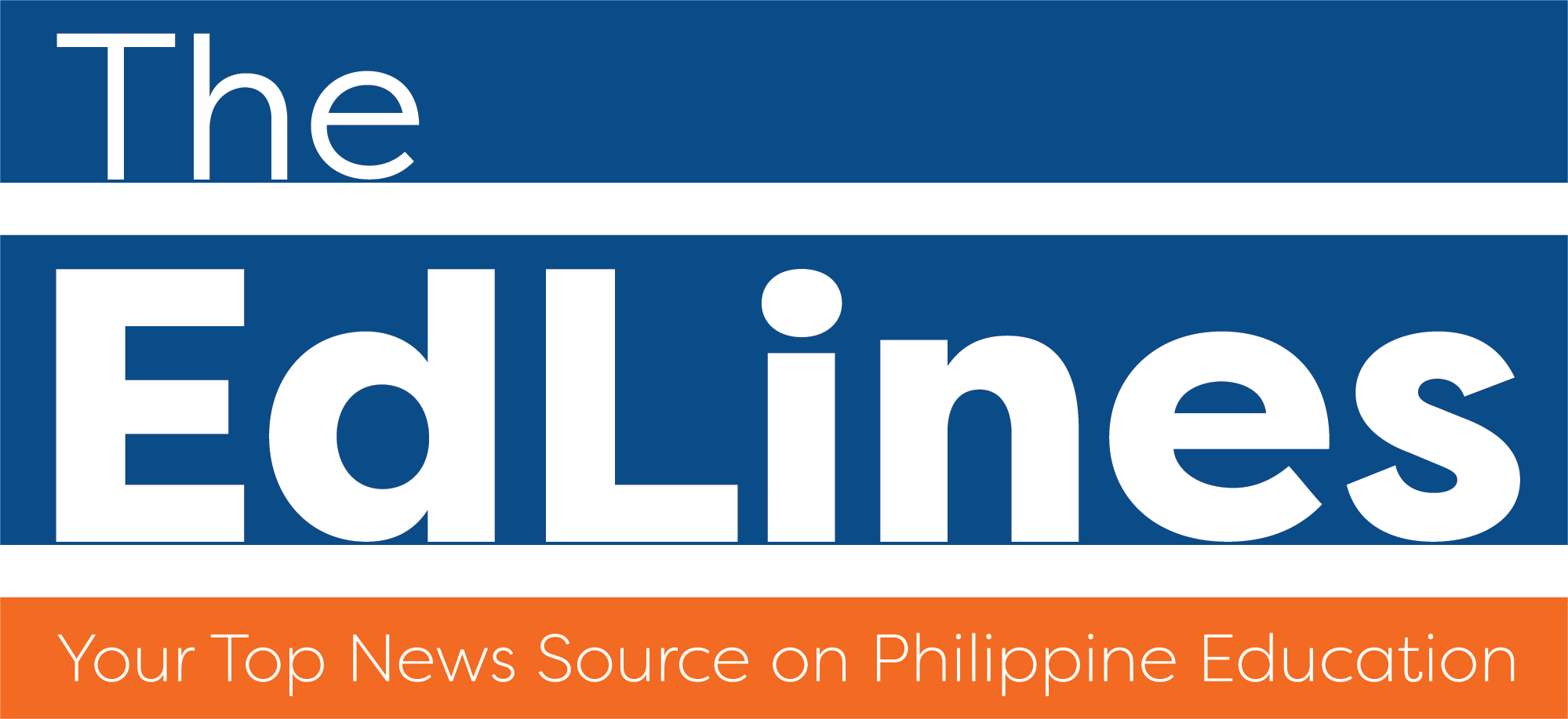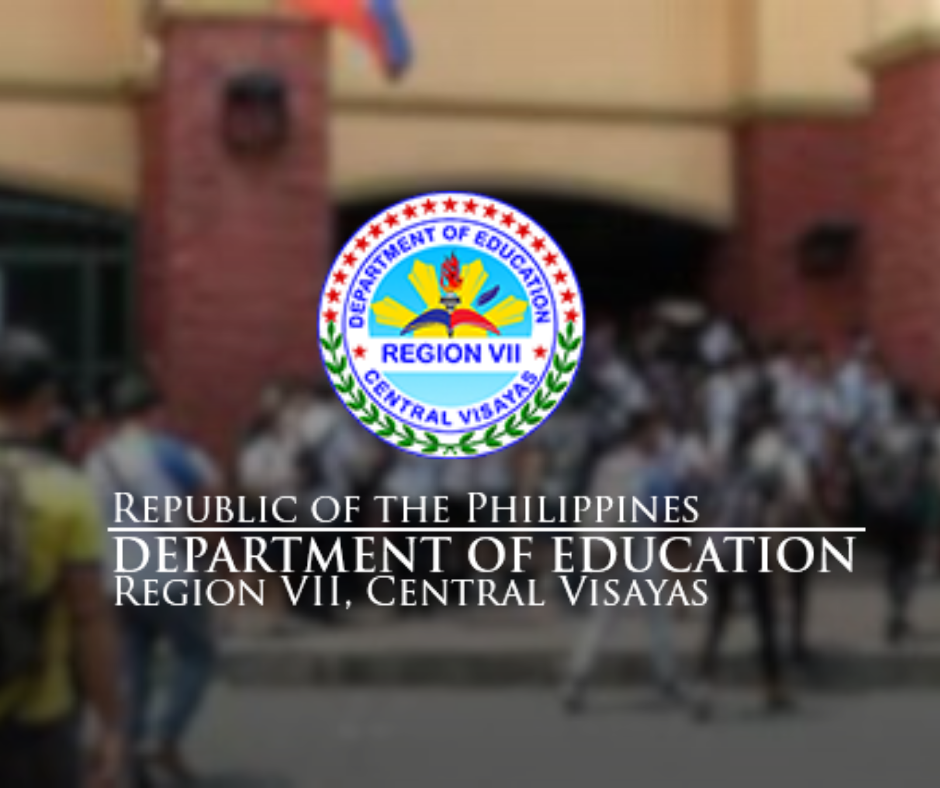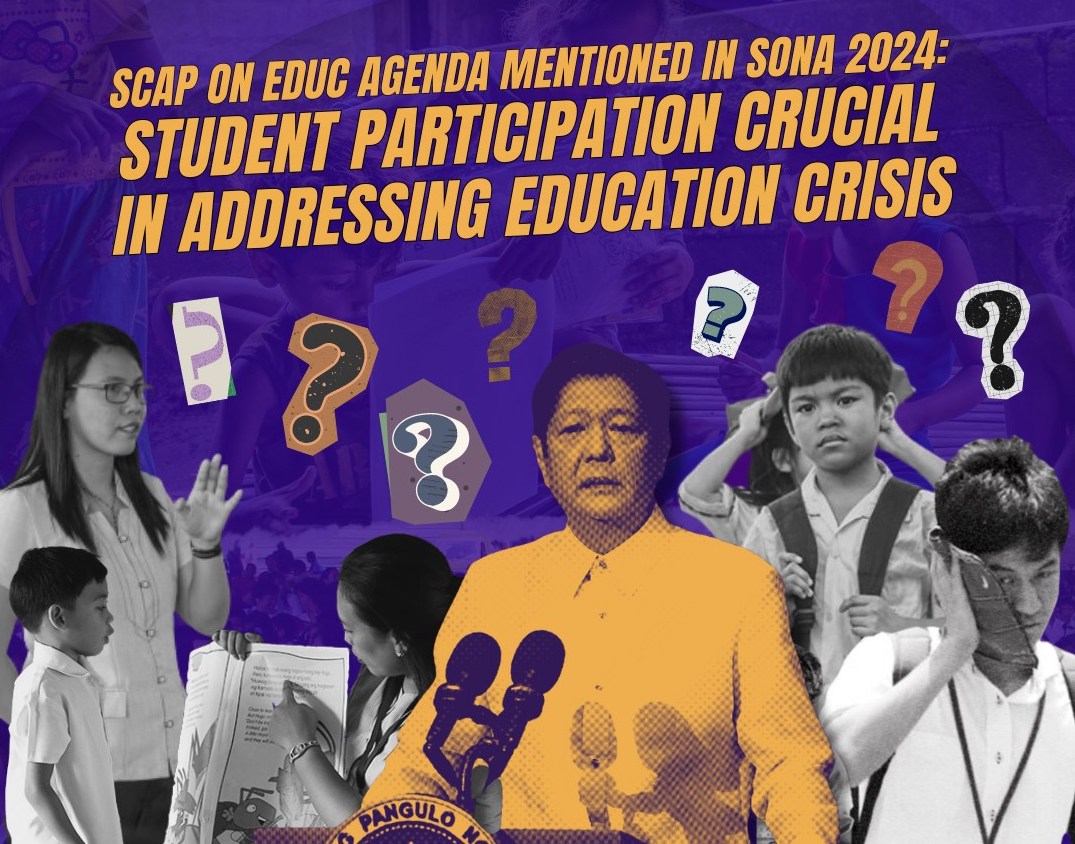
The Senate has approved a bill that could end the mandatory use of the mother tongue as the medium of instruction from kindergarten to Grade 3, a policy shift that could impact millions of students.
Senate Bill No. 2457, introduced by Senators Win Gatchalian and Ramon Bong Revilla Jr., seeks to revert the medium of instruction to Filipino and English, following the 1987 Constitution. Regional languages will serve as supplementary media of instruction.
“Mother tongue as the medium of instruction is not a one-size-fits-all solution for every classroom,” said Gatchalian, who sponsored the bill.
He noted that the policy is only effective in monolingual environments where students are native speakers of the same mother tongue.
The bill responds to concerns that the current policy does not work well in multilingual classes, where learners speak different languages.
Studies cited by Gatchalian showed that mother tongue instruction was more effective in homogeneous schools, where all students spoke the same language.
The Department of Education (DepEd) will be tasked with developing a language mapping policy within one year of the bill’s enactment.
This policy will identify and classify learners based on their mother tongue to determine the existence of monolingual classes each school year.
Three years after the Act’s implementation, DepEd will review the optional use of mother tongue instruction in monolingual classes.
The review will assess learner performance, teacher recruitment, resource development, and funding requirements.
DepEd will report its findings and recommendations to the President, Senate, and House of Representatives by June 30 following the review year.
The Senate approved the bill with a 22-0 vote, amending sections 4 and 5 of Republic Act 10533, also known as the Enhanced Basic Education Act of 2013. The medium of instruction will revert to Filipino and English unless otherwise provided by law.
Senator Joel Villanueva welcomed the bill’s approval, highlighting the benefits of clustering students with a common language into monolingual classes for more effective Mother Tongue-Based Multilingual Education (MTB-MLE).
“Through language mapping, we will be able to cluster together our students in the same grade level and with a common language into monolingual classes to ensure that our MTB-MLE will be more effective,” Villanueva told ABS-CBN News.


